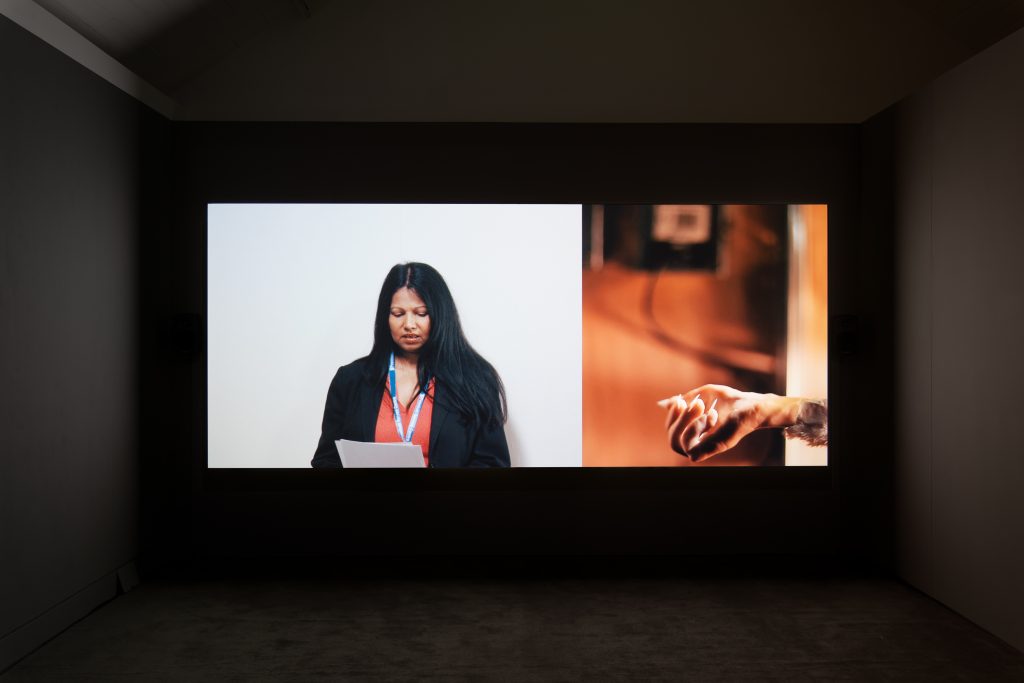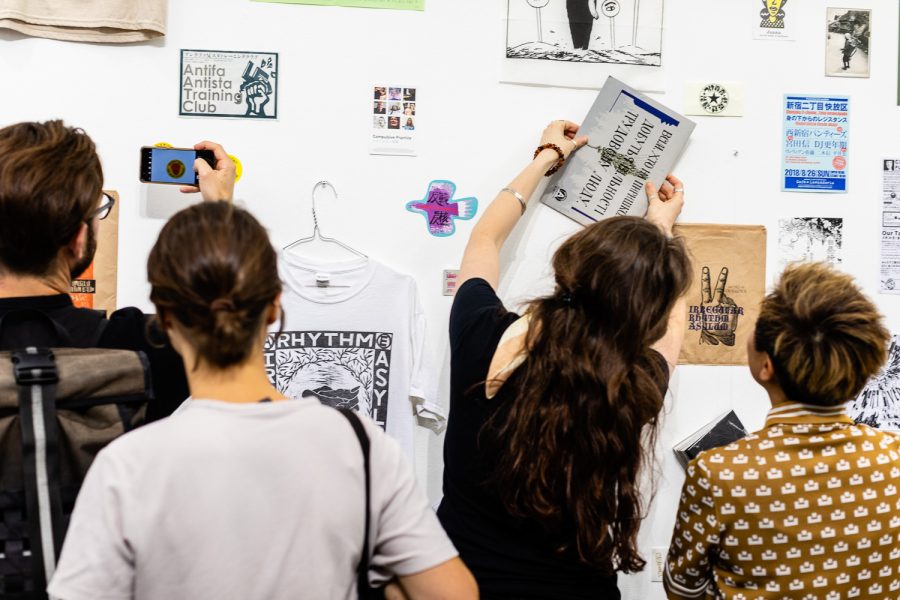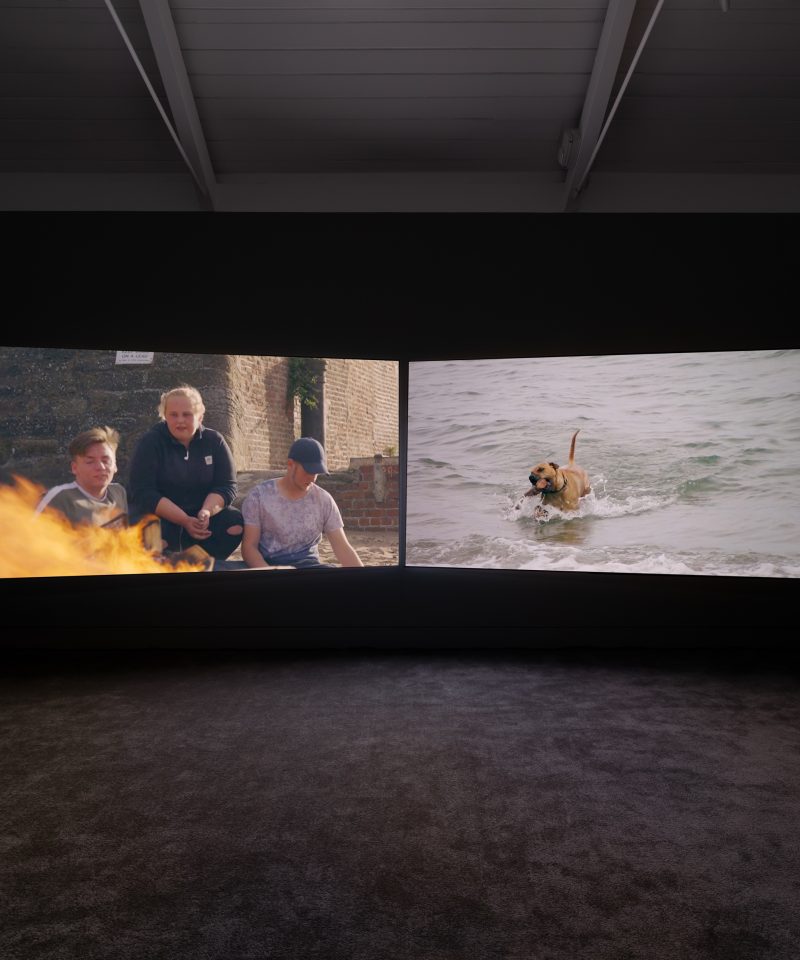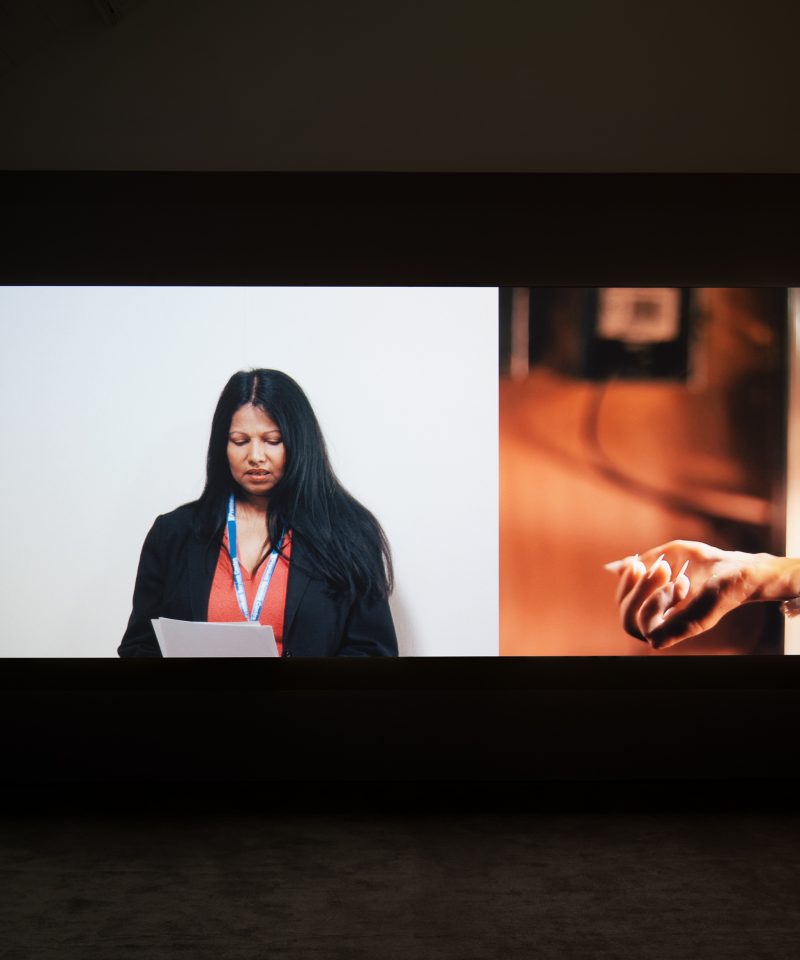‘What perhaps should be feared most is the fury of frightened people.’[1]
Elena Ferrante
Shortly after moving to London last year I walked from Tate Britain to a bookshop in Covent Garden. It was pleasant walking along the Thames in the sunshine, soaking up the charged energy of the city. As I came up to Westminster, there were throngs of tourists taking selfies. Big Ben was under heavy construction, an allegory for Britain’s current state. There were heavily armed guards standing at the entrances, looking ominous. The mixture of violent weapons and holiday makers felt unsettling. As I walked up Parliament street, I noticed the anti-terrorism barricades along the pavements, a constant reminder of potential attack.
What is the Monarch’s ceremonial role?[2]
I continued up through Trafalgar Square and as I was rounding the back of the National Portrait Gallery, I heard the sound of gunshots and then screaming. In a panic, I leapt against the wall looking around wildly. Across the street a voice came out of the crowd through a megaphone; “Cuuuuuut!” A director calling the end of a film scene. Outraged that this so-called ‘filming’ was not better signposted, I peeled myself from the wall and grumbled on around the corner while sheepishly hoping no one noticed my alarm.
Who won gold medals in rowing in consecutive Olympic Games?
In Jerwood/FVU Awards 2019: Going Gone, we are faced with conversations surrounding William Davies’ ideas on Nervous States, particularly how we are ‘relying increasingly on feeling rather than fact.’[3] So let’s separate the feelings from the facts. The facts: the Immigration Act of 2014 was enacted to create a ‘hostile environment’ with the intention of making it harder for illegal immigrants to live and work in the UK.[4] The feelings: the current heightened state of alertness, anxiety, fear of terror, which in London is unavoidable and constant.
What is the country house owned by the Prime Minister called?
Secondly, we are faced with the Premium Service Centre, a garish, brightly lit waiting room viewed from the dark gallery space screening Richard Whitby’s The Lost Ones. A soundscape that becomes increasingly unsettling. A disembodied voice that taunts and humiliates its victims. Characters that squirm at its every whim. Moments of dark humour are accompanied by the feeling that this fictionalised world of weaponised bureaucracy is far too close to reality to find amusing.
In 2003, the Lord of the Rings was voted the country’s best loved novel. True or False?
There have been many works of art made around the subject of immigration with the intention of inciting empathy for those who fall victim to a country at war or those in search of a better life. In London, most notably were those of rather well-established artists. Tania Bruguera’s room at the Tate Modern, for instance, within which an organic compound in the air induced tears in order to provoke what the artist described as ‘forced empathy’.[5] Or Doris Salcedo’s Palimpsest at White Cube where the names of 300 immigrants who died at sea formed and then disappeared on the floor in water droplets.[6] The floor appeared to be crying in mourning. The empathy in both of these cases seemed to be lost in the gimmick of their own making. Contemplating the ongoing loss of human life through migration, via technical engineering that makes water appear through the floor or a chemical that forces eyes to tear, feels divorced from feeling, ultimately distracting from the subject.
Where in Scotland is known as the home of Golf?
Conversely, Whitby’s The Lost Ones effectively makes the case for empathy by exposing archaic English ideas about who is the supposed ‘right’ sort of person to be allowed into Britain and presents it as absurd. The fine line between humour and discomfort lies between what appears to be ridiculous and what is uncomfortably close to reality. Many English people themselves are being excluded from the narrative of Englishness, a narrative which the Brexit campaign successfully sold to make Brexit a reality.[7] The Lost Ones interrogates what kind of citizens Britain wants living there. What kind of person is the ultimate citizen? And more importantly, what kind of place Britain wants to be? It brings the viewer through the frustrating and anxious processes of waiting for your residency status to be assessed in a country that many people have already made their home. It engenders empathy in a tangible and relatable way, putting us on the side of the residency applicants.
What can ‘Carry On’ be associated with?
Throughout Whitby’s purgatorial interrogation, questions are asked. Some are real, some imagined, almost all are laughable. The Life in the UK test, a requirement in the application process for residency in the UK, was a resource some of these questions were drawn from. Whitby’s film asks: are these the questions we should be asking potential residents of a country? Should we be concerned if someone knows if 1969 is an important year in British history or who designed the new St. Paul’s? The only weapon against callousness is empathy and understanding. How can we build a homeland that is not defined by tea drinking, but instead by acceptance, compassion and considers the prospects of its people and neighbours?
What happens at 11:00 on the Remembrance Day?
As we sit in the dark room, we sympathise with the occupants of the Premium Service Centre as they are harassed. Whitby’s choice of British accented characters is intended to elicit a more empathetic response from a British audience. As it takes us on the quasi-fictional journey of a hopeful resident of the UK, it doesn’t attempt to trick or destabilise the viewer. We live in a world where truth has become debased and where basic decency is almost thought to be a myth in the crossfire of data. In this sense, saying what you mean is a radical way of navigating and exploring the fear of living in a heightened state of alertness. My meaning being, Whitby is also making the case for decency and calling for the necessity for it.
When did people learn how to make bronze?
As I write this, I’m in the midst of an Indefinite Leave to Remain application for a friend. We spent over a week squinting at faded stamps in his passport in an attempt to determine every “absence” from the UK and Crown Dependencies over the past five years. This amounted to over sixty trips. In the tedious rows and cells of Excel we documented every date of exit and entry, including the purposes of travel, distinguishing those work and non-work related. The Lost Ones was never far from my mind as our exchanges surrounded irrelevant questions such as, ‘why did you travel to Estonia in October 2014?’ As someone who is a native English speaker and computer-savvy, I found the application to have endless challenges, not least testing the knowledge of British history, culture and heritage.
How old is Big Ben?
I suggested to my friend applying for Indefinite Leave to Remain to see The Lost Ones with the thought he might appreciate the humour in it. He thought about it for a moment and said; “If I go into this sarcastically, I’ll never pass.” As mockable as the Life in the UK test is, many can’t afford the luxury of satire. Depending on your situation, The Lost Ones could be read as the opposite of satire in an earnest interpretation of a cruel system. On the wall of Whitby’s Premium Service Centre hangs a framed picture of a castle. This is a gesture to the British Empire as idealised as the fortress which must be protected, not susceptible to outside influence or disturbance. Britain’s immigration policies act as a moat that surround it.
When did many Scottish people leave for North America?
What is most aggravating in the weaponisation of such processes is the indirectness of the Immigration Act. Instead of having clear policies about immigration, the government made a policy that is backhanded and passive-aggressive. The Lost Ones flips this on its head and reveals the penalising and worrisome experience of actually undergoing the application. The passive-aggressive nature of a bureaucratic nightmare becomes a tauntingly aggressive interrogation of all private information from personal finances, relationships, to living situations administered in the high-pitched distorted tones of an unforgiving urchin.
What is the maximum fine if you watch TV without a valid TV licence?
With Brexit, the turmoil is predictive. What will happen? No one seems to know. There is much to worry about. The rise of right-wing populist politics, appalling hate-driven acts of bitter ignorance and the fear of their happening. Our hearts bleed for the Windrush Generation and those who have fallen victim to the harsh conditions of Britain’s current immigration policies. These hurts are the sort of acts that artists, such as Whitby, seek to counter through their practice, by exposing unfair government wrongdoings and attempting to unify a public that remains divided. This, for all the shortfalls of contemporary art, is arguably its embracing transcendence, a love of the utopian ideal, while acknowledging the self-destructive incapacity of humans, as individuals, to fulfill it.
[1] Ferrante, E. (2018) The Guardian Weekend Column 27 January 2018 Available at: https://www.theguardian.com/books/2018/jan/27/elena-ferrante-cat-brought-in-snake-accept-fear (accessed 15 April 2019)
[2] These questions are taken from practice Life in the UK tests which can be found at https://lifeintheuktests.co.uk/life-in-the-uk-test/ (accessed 6 May 2019)
[3] Davies, W. (2018) Nervous States London: Jonathan Cape.
[4] Davies, W. (2018) ‘Weaponising Paperwork’ London Review of Books Vol. 40. No.9. Available at: https://www.lrb.co.uk/v40/n09/william-davies/weaponising-paperwork (Accessed April 2019)
[5] Tania Bruguera: 10,148,451 (2019) [Exhibition] Tate Modern, London 2 October 2018 – 24 February 2019
[6] Palimsest (2013-2017) [Exhibition] White Cube Bermondsey, London 28 September 2018 – 11 November 2018
[7] This is in reference to the myth of Englishness and nostalgias projected in ads during the Brexit campaign which said, “The European Union wants to kill our cuppa”, and an EU hand punching various postcard markers of England, including the black cab, red phonebox, and doubledecker bus.




